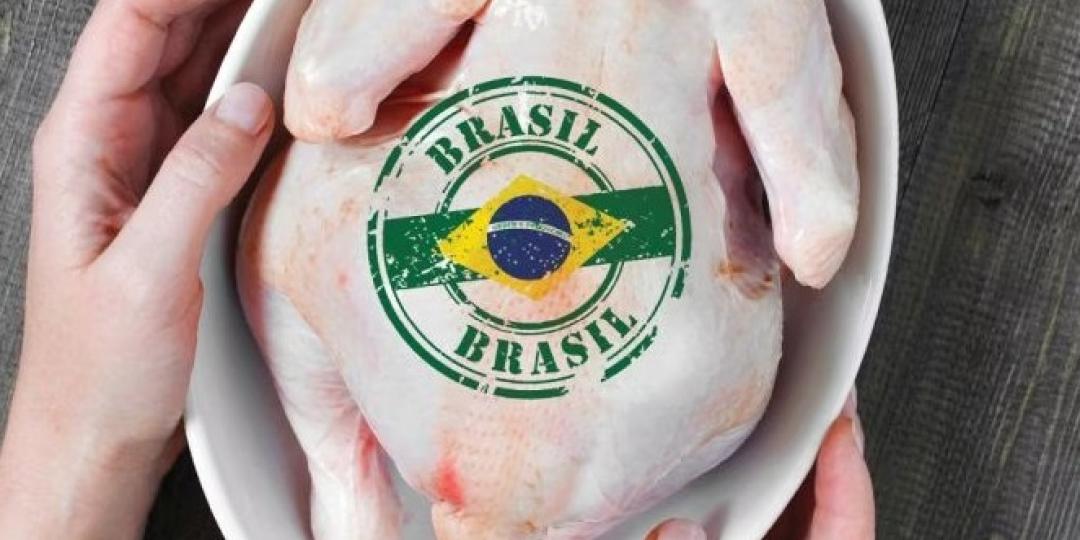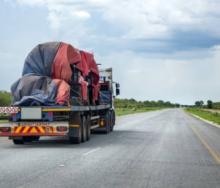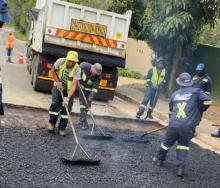The Association of Meat Importers and Exporters (Amie) has welcomed the government’s decision to partially lift the suspension on poultry imports from Brazil after the recent outbreak of Highly Pathogenic Avian Influenza (HPAI).
This decision, announced by the Department of Agriculture, Land Reform and Rural Development (DALRRD), allows the resumption of imports from all Brazilian states except Rio Grande do Sul, which is the only state affected by avian influenza. The directive took effect from 19 June.
“We commend the government for acting swiftly and pragmatically in response to the evolving avian influenza situation in Brazil,” said Imameleng Mothebe, Amie CEO.
“This regionalised approach, aligned with international best practices, is a positive step toward stabilising the poultry market and safeguarding food security for South African consumers.”
Mothebe said the association had urged the government to finalise the health certificate agreement with Brazil that provides for a regionalised approach to future disease outbreaks.
“This agreement is crucial to ensure that future trade disruptions are limited only to affected regions, rather than resulting in blanket national bans. Amie understands that Brazilian authorities have already submitted the proposed certificate to the department of agriculture, and we call on both governments to conclude this process without delay,” Mothebe said.
The association said a blanket ban on poultry from Brazil, which supplies over 84% of South Africa’s poultry imports and 92% of its mechanically deboned meat (MDM) requirements – posed serious risks to food affordability, industry stability, and vulnerable communities.
“South Africans have already seen poultry prices surge in recent weeks,” said Mothebe.
“We hope this decision will help ease pressure on the food basket, especially as MDM and affordable chicken cuts are vital to lower-income households and the processed meat sector.”
Mothebe added that while the association applauded the decision it urged the government to accelerate the reopening of other key poultry import markets, including France, the Netherlands, Belgium and Denmark, which remain closed to South Africa despite their successful containment of earlier avian flu outbreaks, as declared to the World Organisation for Animal Health (WOAH).
“A diversified supply base is essential to building resilience in South Africa’s food system,” Mothebe said.
“The reopening of safe and previously approved markets must be prioritised to avoid future disruptions and ensure ongoing supply and competition, which keep prices in check.”
Amie said it was committed to working collaboratively with the government and stakeholders to ensure a transparent, risk-based import regime that placed the interests of consumers at its core.













